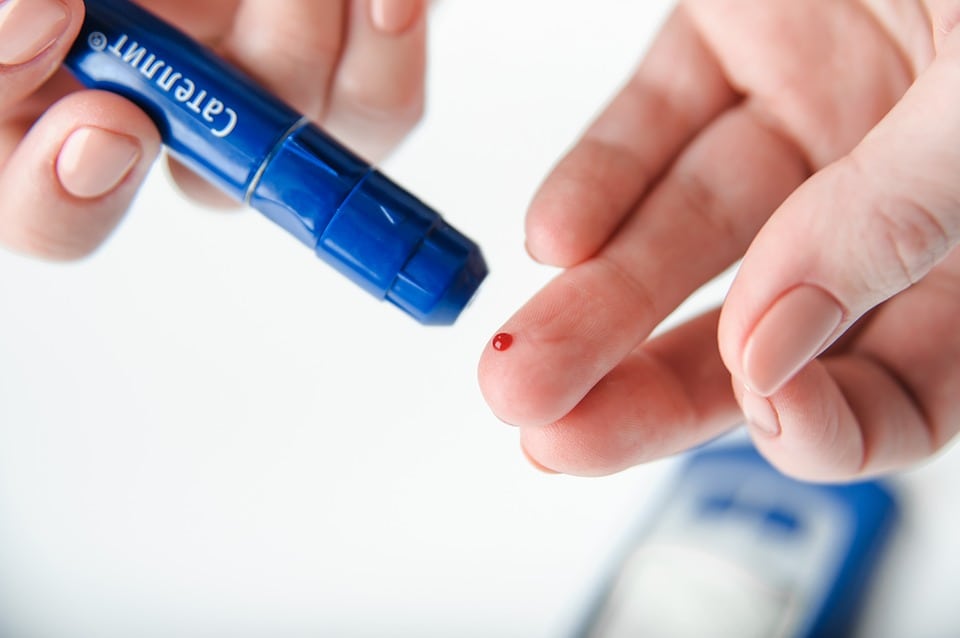Scientists have reportedly developed a less invasive treatment that could reverse type 2 diabetes.
Researchers have developed a so-called ‘surgery in a pill’ or a less invasive treatment that is said to be effective in reversing type 2 diabetes. This treatment that could offer the same benefits a patient can potentially get from undergoing surgery.
“We envision a pill that a patient can take before a meal that transiently coats the gut to replicate the effects of surgery,” Jeff Karp of the Brigham and Women’s Hospital in the United States said. “Over the last several years, we have been working with our surgical colleagues on this idea and have developed a material that meets an important clinical need.”
According to the study, published by the researchers in the journal Nature Materials, they administered an oral agent in rats to deliver a substance that temporarily coats the intestine, preventing any contact between nutrients and the proximal bowel. This helps in avoiding post-meal spikes in blood sugar.
Read More: Glowing Contact Lenses to Prevent Vision Loss Caused by Diabetes
The substance was further enhanced and engineered by the team of researchers to create a novel material that coats the intestine lining without the need to be activated by gastric acid. The new material, dubbed as Luminal Coating of the Intestine or LuCI, could be produced into dry powder and encapsulated as a pill.
“What we have developed here is essentially, ‘surgery in a pill,'” Yuhan Lee, a materials scientist from the BWH, said. “We have used a bioengineering approach to formulate a pill that has good adhesion properties and can attach nicely to the gut in a preclinical model. And after a couple of hours, its effects dissipate.”
The researchers discovered that LuCI could coat the gut and form a thin barrier that alters nutrient contact and lowers the blood glucose response after taking a meal. The team is currently testing the possible effects of the short and long-term use of LuCI in diabetic and obese mice models.








Comments (0)
Most Recent